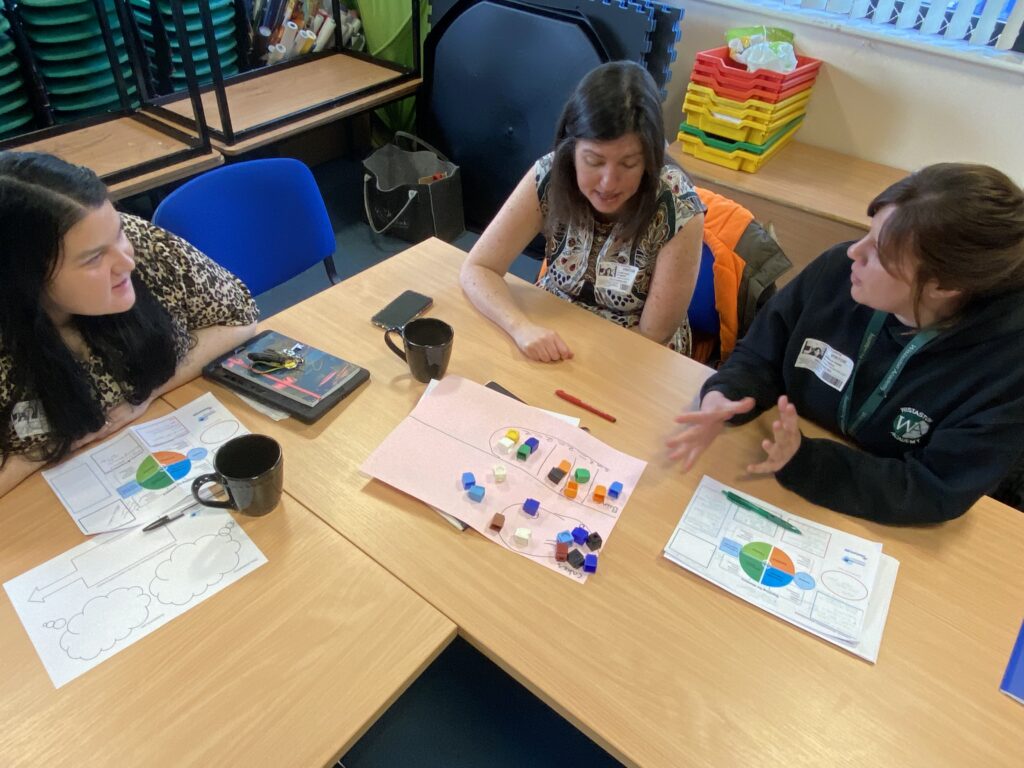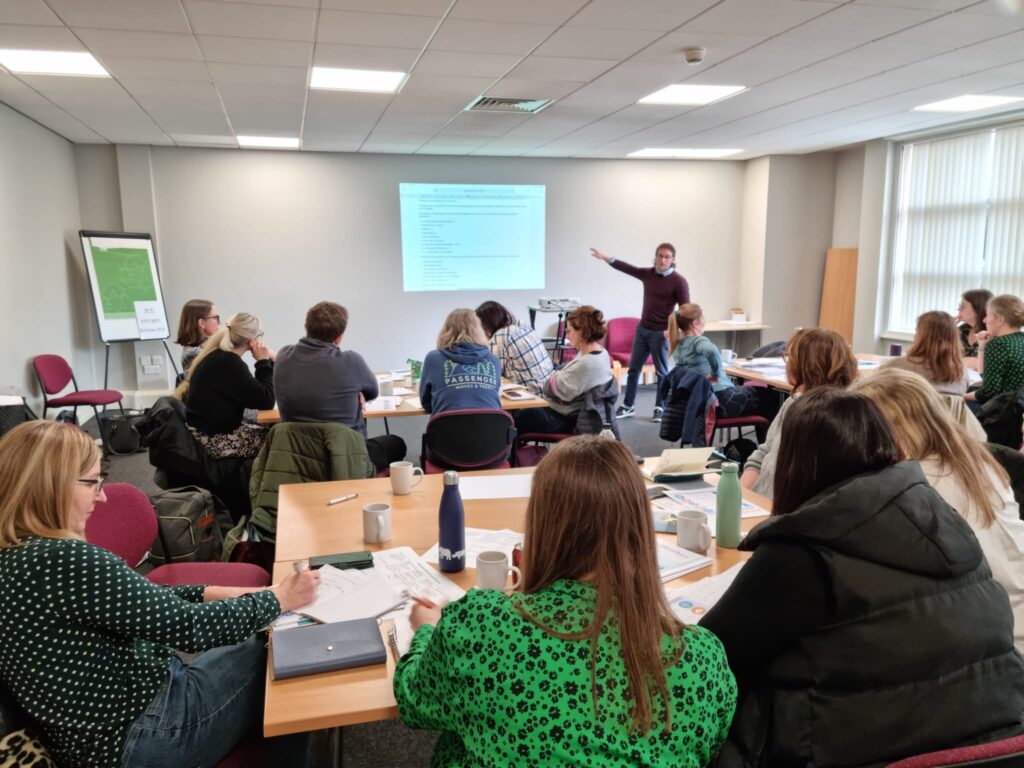
WELCOME TO THE CHESHIRE AND WIRRAL MATHS HUB
The Maths Hubs Programme, coordinated by the NCETM, brings together mathematics education professionals in a collaborative national network of 40 hubs, each locally led by an outstanding school or college, to develop and spread excellent practice, for the benefit of all pupils and students.
The Cheshire and Wirral Maths Hub is collaboratively led by Our Lady of Pity Primary School alongside Alsager High School.


WHAT IS A MATHS HUB?
Each Maths Hub is made up of a partnership of schools, colleges and other organisations working together to provide support for maths teaching in a particular region of England.
A hub’s work takes many forms and includes face-to-face CPD and online support. Every hub runs several projects each year which enable teachers and teaching assistants to work collaboratively with the support of Local Leaders of Maths Education (LLME).
ABOUT THE CHESHIRE AND WIRRAL MATHS HUB
Now in our fourth year as a Maths Hub, we are pleased to be collaborating with an ever-increasing number of schools. As it stands, we are currently working with around 68% of all schools across Cheshire, Wirral, and Halton. This is around 320 schools.
The Hub supports teachers in the continual process of improving educational standards for students in our region from the youngest child in Early Years Foundation Stage to Post-16 education. Cheshire and Wirral Maths Hub offers free, high-quality Professional
Development to Maths teachers across the Hub area. This mainly takes the form of work groups: teachers learn new strategies and develop new ideas, put them into practice in the classroom, reflect collaboratively and then refine what they have done.
OUR VISION FOR THE CHESHIRE AND WIRRAL MATHS HUB
Our work as a Maths Hub is driven by our belief that all pupils should be provided with the opportunity to flourish in maths. We believe that, with the right kind of teaching, maths can be a useful vehicle to teach important life skills such as critical thinking and problem solving. In order to achieve this, we want to work with as many teachers as possible to help them develop their practice and better understand what research tells us about the most effective ways to teach maths.
